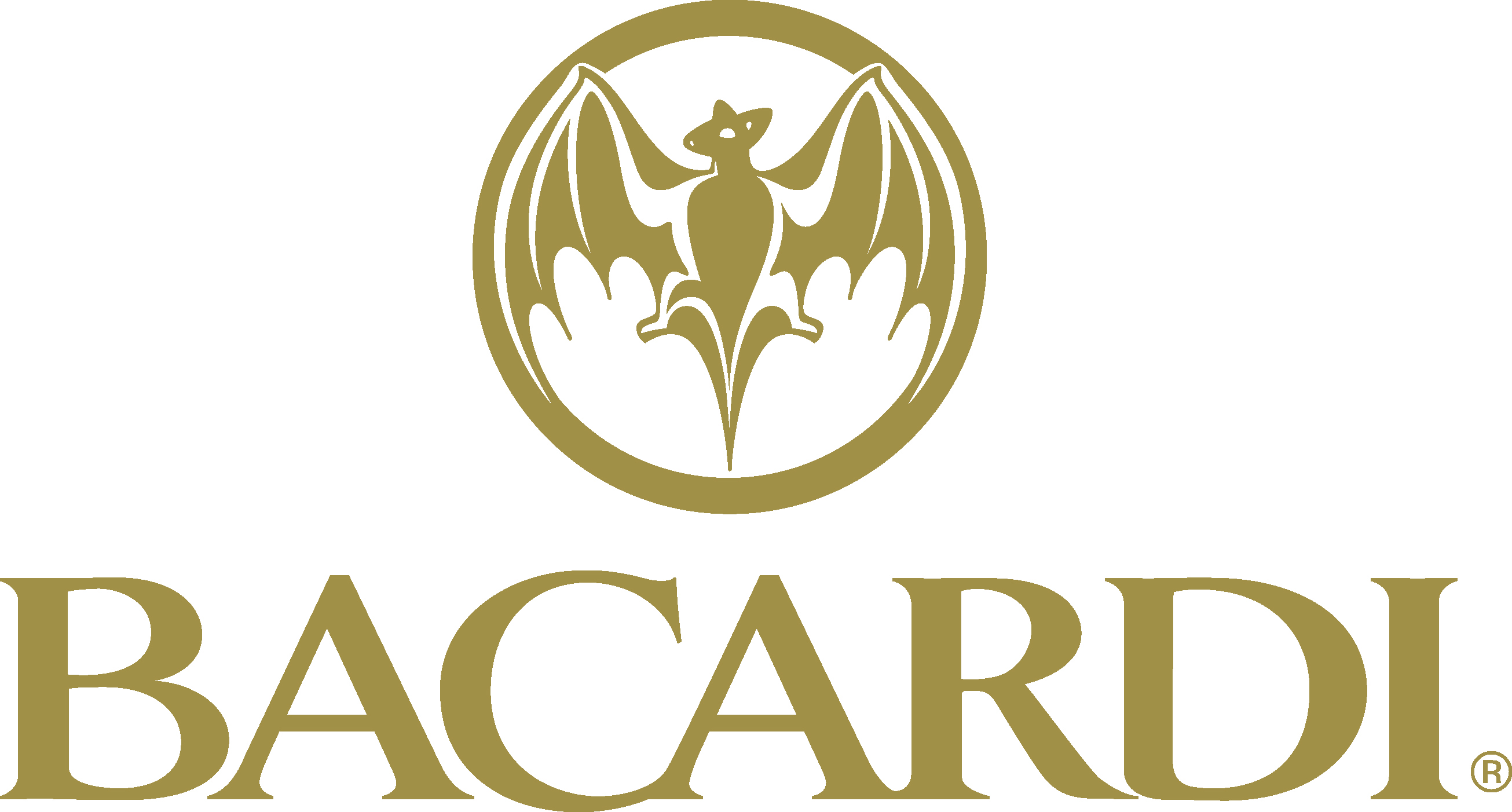'Every Little Helps': a Distraction or the Making of Big Sustainable Business?
While companies such as Bacardi believe in a little-by-little approach, others such as Nike are looking for drastic overhauls
Original article by Tim Smedley on theguardian
The idea that a little goes a long way has long been a central tenet of sustainability. If we all make the same little change – switch to low-energy light bulbs, say, or avoid keeping our TVs on stand-by – the individual can make a big impact.
It's been an important mantra for corporate responsibility in the workplace too. Employees can help companies to make carbon and cost savings by using technology more efficiently, or sending less waste to landfill.
"It worked for a whole bunch of businesses, and it's good for the environment [but] the problem was it slowed down," explains Giles Gibbons, sustainable innovation expert and chief executive of London-based consultancy Good Business.
"Banging away at trying to persuade a few people to turn off the lights or put the odd plastic bottle into a bin isn't going to make the continuous change that's needed," he adds.
Gibbons refers to a saying Richard Reed, co-founder of Innocent Drinks, frequently uses: "when it comes to sustainable innovation, the first 33% is easy, the second 33% changes your business model, and the third 33% is pretty much impossible". The argument is that small changes leave businesses tinkering around with that first 33%. The following 66%, however, requires a wholesale overhaul of businesses practices.
In 2013, Unilever announced something akin to an overhaul. The consumer goods giant compressed deodorant in its aerosol sprays for Sure, Dove and Vaseline with the aim of reducing product sizes, halving its volume of propellant gas and cutting aluminium use by 25%. Tiny cans began to appear on supermarket shelves, delivered by fewer lorries and cutting road usage by 35%. According to Unilever's predictions, if 1 million people switched to compressed deodorants, 696 tonnes of carbon dioxide could be saved every year.
Nike's lighter shoeboxes are perhaps an example of incremental improvement. But its new knit technology points towards a possible step-change. The company's Flyknit Racer running shoe, for instance, creates two-thirds less waste than typical running shoes. Nike is currently considering rolling out the innovation more widely across its range.
Drinks firm Bacardi has also committed to source 100% of its sugarcane from certified sustainable sources by 2022 (it is currently at less than 40%). It has also set itself the target of reducing water waste by 85%. In contrast to Unilever and Nike, however, the privately-owned beverage company believes a little-by-little approach will deliver both.
As part of that endeavour, Bacardi has established a network of sustainability employee champions across its business. The network's efforts are further backed up by an internal sustainability website for sharing best practice, called Acts of Green.
Continue reading the orginal article on theguardian about Bacardi's sustainability approach >>
Original source: theguardian

